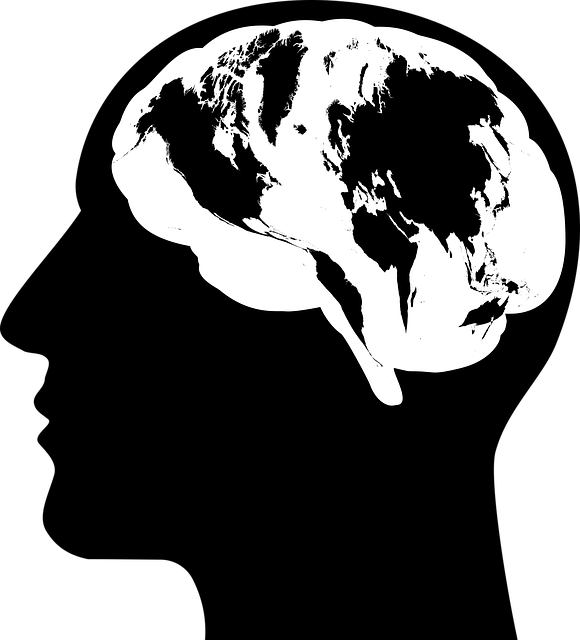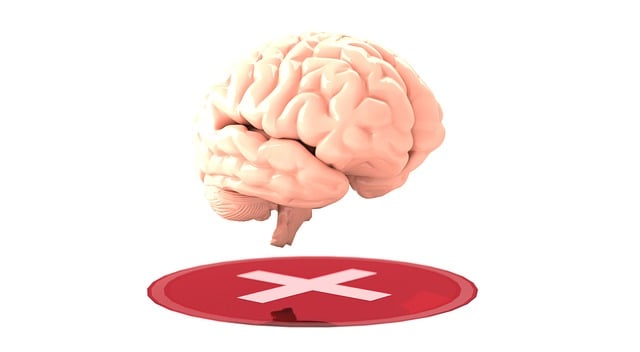Aurora Cognitive Behavioral Therapy (ACBT) is a transformative approach to healthcare, especially in diverse societies, emphasizing cultural competency. Through comprehensive training, therapists develop communication strategies that respect and navigate cultural differences, fostering trust and accurate diagnoses. This method improves patient satisfaction, enhances mental health service quality, and encourages empathetic, personalized care for all patients, regardless of background or language. Integrating ACBT into provider education is a key strategy to address cultural barriers and elevate healthcare outcomes.
Healthcare provider cultural competency training is an essential pillar of modern medical practice, addressing the need for empathetic and effective care in a diverse society. This article explores three key components: understanding cultural competency, enhancing communication with diverse patients, and integrating Aurora Cognitive Behavioral Therapy (Aurora CBT) techniques to foster cultural sensitivity. By examining these aspects, healthcare professionals can improve patient outcomes and build stronger, more inclusive healthcare environments.
- Understanding Cultural Competency in Healthcare: The Need for Training
- Developing Effective Communication Strategies for Diverse Patients
- Integrating Cognitive Behavioral Therapy (Aurora CBT) Techniques for Cultural Sensitivity
Understanding Cultural Competency in Healthcare: The Need for Training

Cultural competency is a critical aspect of healthcare delivery that has gained significant attention in recent years. It involves recognizing and appreciating the diverse cultural backgrounds, beliefs, and values of patients and their families. In an increasingly multicultural society, healthcare providers need to be equipped with the skills to deliver effective care while respecting and understanding different cultural norms. This is where comprehensive training becomes essential, especially for practices like Aurora Cognitive Behavioral Therapy (ACBT).
The need for such training arises from the fact that effective communication between patients and healthcare professionals is vital for accurate diagnoses and successful treatment plans. Mental Health Policy Analysis and Advocacy plays a crucial role in ensuring these conversations are inclusive and sensitive to cultural nuances. Compassion Cultivation Practices, as part of this training, can help providers foster an environment of trust and understanding, enabling them to offer tailored care that respects individual cultural identities. By integrating these communication strategies into their practice, healthcare providers can significantly enhance patient satisfaction and outcomes, ultimately improving the overall quality of mental health services.
Developing Effective Communication Strategies for Diverse Patients

Effective communication is a cornerstone of quality healthcare, especially when serving diverse patient populations. Aurora Cognitive Behavioral Therapy (CBT) recognizes that each individual brings their unique cultural background, experiences, and language preferences to therapy. Therapists must adapt their approach to ensure every patient receives the best possible care. This involves learning active listening skills, being mindful of non-verbal cues, and using inclusive language. By embracing cultural competency, therapists can create a safe and supportive environment, fostering open dialogue and strengthening the therapeutic alliance.
For instance, CBT practitioners can incorporate tailored communication strategies such as translating services for non-English speakers or utilizing visual aids to support patients with diverse learning needs. Additionally, addressing cultural barriers to care, like stigma surrounding mental health in certain communities, requires sensitivity and knowledge of Trauma Support Services. Engaging in continuous education through the Mental Wellness Podcast Series Production can equip healthcare providers with the tools to navigate these complexities, ultimately enhancing patient outcomes and promoting mental wellness for all.
Integrating Cognitive Behavioral Therapy (Aurora CBT) Techniques for Cultural Sensitivity

Integrating Aurora Cognitive Behavioral Therapy (CBT) techniques into healthcare provider training is a powerful approach to enhancing cultural sensitivity and patient care. CBT focuses on identifying and modifying negative thought patterns, which can be particularly beneficial in understanding and addressing cultural biases. By incorporating CBT methods, healthcare professionals learn to recognize and challenge their own assumptions, fostering an environment of empathy and open communication with diverse patient populations.
This therapeutic framework encourages providers to explore the impact of stress and emotional regulation on both patients and themselves, especially when navigating cultural differences. Stress Management Workshops within organizations can incorporate CBT techniques to teach self-care routines that support better mental health. Ultimately, these strategies enable healthcare providers to offer more personalized care, improving patient outcomes and fostering stronger, more respectful relationships.
Healthcare provider cultural competency training is a vital step towards creating an inclusive and effective healthcare system. By understanding diverse patient populations and implementing strategies like enhanced communication and Aurora Cognitive Behavioral Therapy techniques, professionals can significantly improve patient outcomes and experiences. This comprehensive approach ensures that every patient receives respectful, culturally sensitive care, fostering stronger communities and a healthier future for all.










